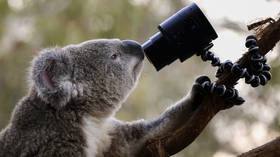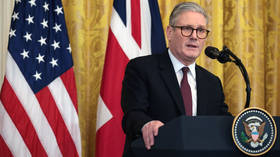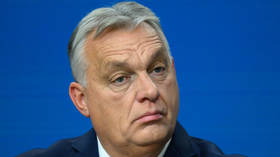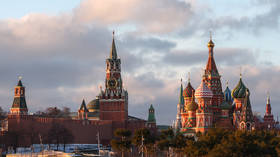Australia declares koalas ‘endangered species’
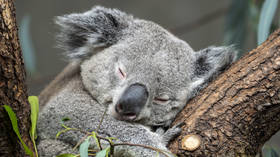
The Australian authorities officially listed koalas as an endangered species in three states across the east coast on Friday, in order to ensure additional government protection to the dwindling populations.
Australian Environment Minister Sussan Ley announced that koala populations in Queensland, New South Wales, and the Australian Capital Territory will be designated as an endangered species under the Environment Protection and Biodiversity Conservation Act (EPBC Act) 1999, recognizing that without additional protective measures, the animals risk extinction.
“We are taking unprecedented action to protect the koala, working with scientists, medical researchers, veterinarians, communities, states, local governments and traditional owners,” the minister said, highlighting the four-year recovery plan that will cost AU$50 million (US$35.6 million) and will be implemented in all three states to conserve and protect koalas.
Environmental organizations WWF-Australia, the International Fund for Animal Welfare (IFAW), and the Humane Society International (HSI) thanked the environment minister for what they described as a “grim, but important decision,” while criticizing the government for failing to protect the koalas.
IFAW Wildlife Campaign Manager Josey Sharrad called the marsupials an international and national icon, and said they were in danger before the ‘Black Summer’ of 2019-20 due to severe droughts, loss of habitat to land-clearing, diseases, dog attacks, and roadkills.
“The bushfires were the final straw. This must be a wake-up call to Australia and the government to move much faster to protect critical habitat from development and land-clearing and seriously address the impacts of climate change,” she stated.
WWF-Australia conservation scientist Stuart Blanch urged the government and state officials to take drastic action in order to double the koala numbers before 2050.
“Koalas have gone from no-listing to vulnerable to endangered within a decade. That is a shockingly fast decline. Today’s decision is welcome, but it won’t stop koalas from sliding towards extinction unless it’s accompanied by stronger laws and landholder incentives to protect their forest homes,” he said, adding that koala numbers were halved in the last 20 years, with the Queensland and New South Wales authorities failing to protect their natural environment.
The decision to list koalas as an endangered species comes just 10 years after the marsupials were listed as a ‘vulnerable species’ in May 2012. Since then, koala populations have been under constant threat due to the clearing of more than 25,000 hectares of their natural habitat, officially approved by the government.
It is projected that by 2032, when Queensland’s capital, Brisbane will host the Olympic games, the koala population in the state will drop below 8,000, according to the WWF.
